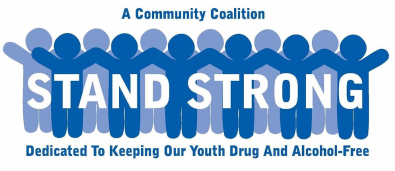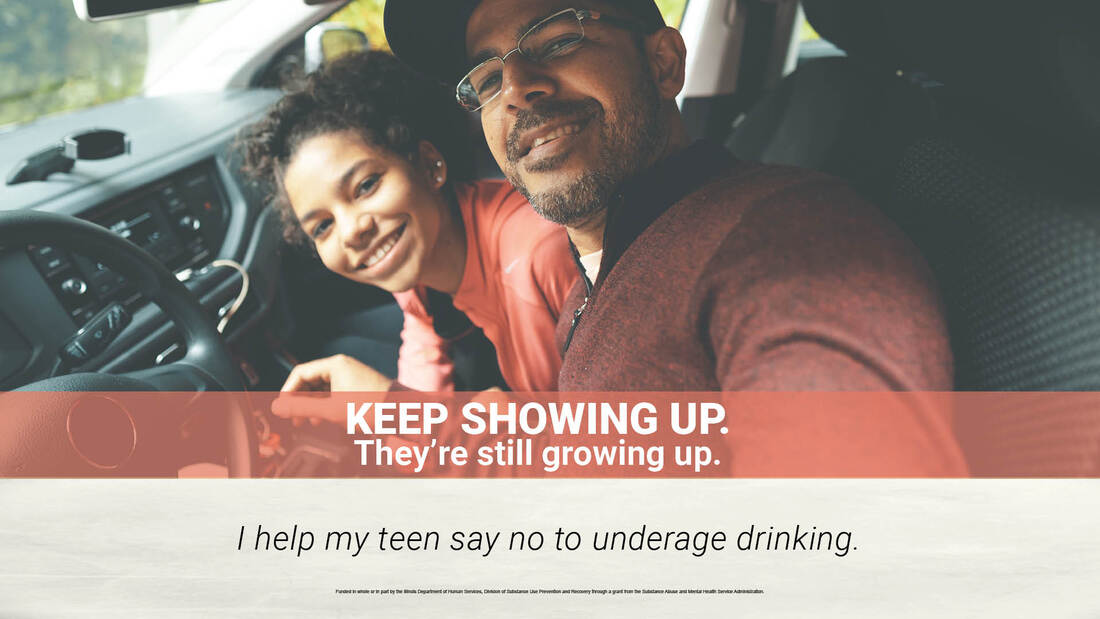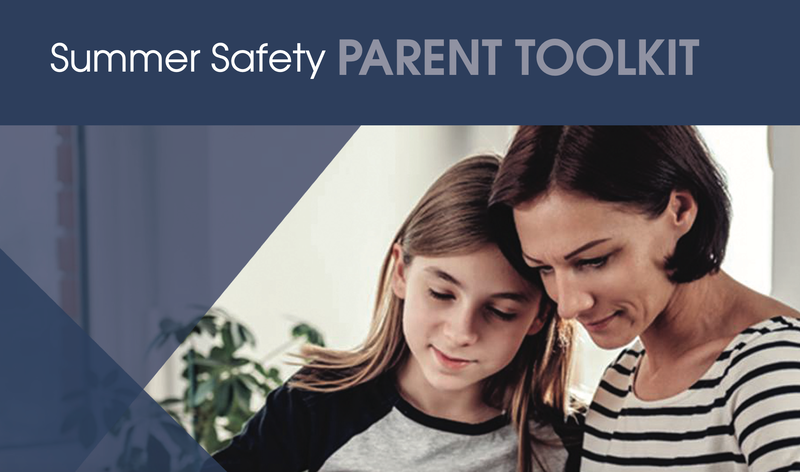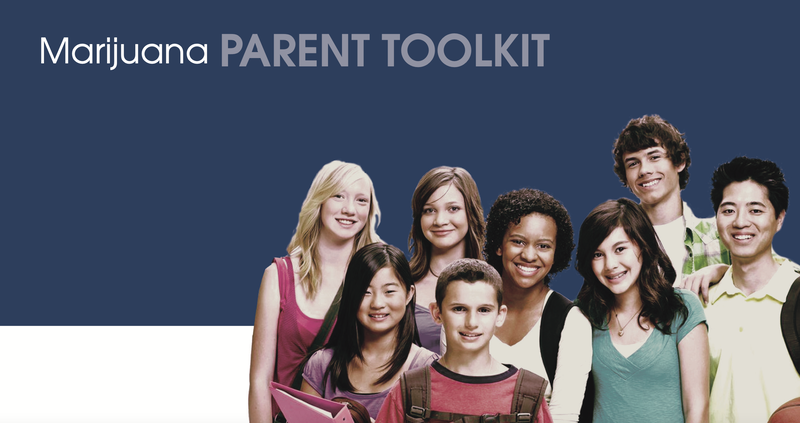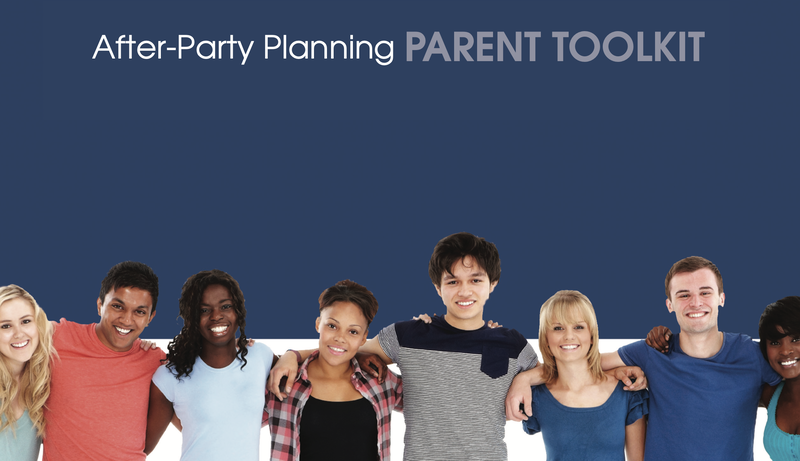Parents Matter in Teen Substance Use Prevention
|
Experts agree that parents still are the best line of defense against teen drug abuse. In fact, kids are up to 50 percent less likely to use drugs when their parents talk to them, according to the Department of Public Health. Two-thirds of teens say that losing their parents' respect and pride is one of the main reasons they choose to NOT drink or use drugs.
Yet, approximately half of the high school students in our community report that their parents do not talk to them about alcohol or drugs (or, if they did, the student does not remember the conversation)! |
5 Tips to Help Parents
1. SET CLEAR FAMILY RULES
2. GIVE LOTS OF POSITIVE REINFORCEMENT
3. GET INVOLVED! STAY INFORMED! SHOW INTEREST, KNOW WHERE THEY ARE, AND WHO THEY ARE WITH.
4. TALK TO YOUR TEEN ABOUT THE NEGATIVE EFFECTS OF ALCOHOL AND OTHER DRUGS.
5. MAKE SURE YOUR CHILDREN'S SOCIAL ENVIRONMENTS ARE ALCOHOL-FREE.
- Establish clear rules and expectations for non-use and make sure those rules are communicated consistently.
- The message must be CLEAR:
- THIS: "I expect you will not use drugs or alcohol."
- NOT THIS: "Don't get in trouble tonight."
2. GIVE LOTS OF POSITIVE REINFORCEMENT
- Make sure your teen knows all of the things you find wonderful about them. They need to hear a lot of positive comments about their life and who they are as an individual — and not just when they get an "A" or make the basketball team. Positive reinforcement can go a long way in preventing drug use among teens.
3. GET INVOLVED! STAY INFORMED! SHOW INTEREST, KNOW WHERE THEY ARE, AND WHO THEY ARE WITH.
- Show interest — and discuss — your child's daily ups and downs. You'll earn your child's trust, learn how to talk to each other, and won't take your child by surprise when you voice a strong point of view about drugs.
- Also, always know where your kids are, who they are with and what they are doing. If you are not with your kids, stay in contact with them. Research shows that kids who are not regularly monitored by their parents are four times more likely to use drugs.
- Know who your children's friends are and get to know their parents as well. Discuss your no drug or alcohol rules with their parents and enlist their support.
4. TALK TO YOUR TEEN ABOUT THE NEGATIVE EFFECTS OF ALCOHOL AND OTHER DRUGS.
- Learn the risks yourself and talk to your teen about them frequently. You can use current events to start a conversation. Teens are extremely concerned with their physical appearance so don't be afraid to emphasize these effects. For instances, tell them about a time you saw a friend or acquaintance get sick from alcohol — reinforce how completely disgusting it was.
5. MAKE SURE YOUR CHILDREN'S SOCIAL ENVIRONMENTS ARE ALCOHOL-FREE.
- Ensure that alcohol is not available to your child at home or from others when your child is not under your supervision. Check in with parents who are hosting a party that your child will be attending to ensure that no drugs or alcohol will be available.
Parent Toolkits
Stand Strong Coalition, in collaboration with community sectors and experts, have put together several parent toolkits to help you navigate substance conversations with your teens. Check them out by clicking the images below!
